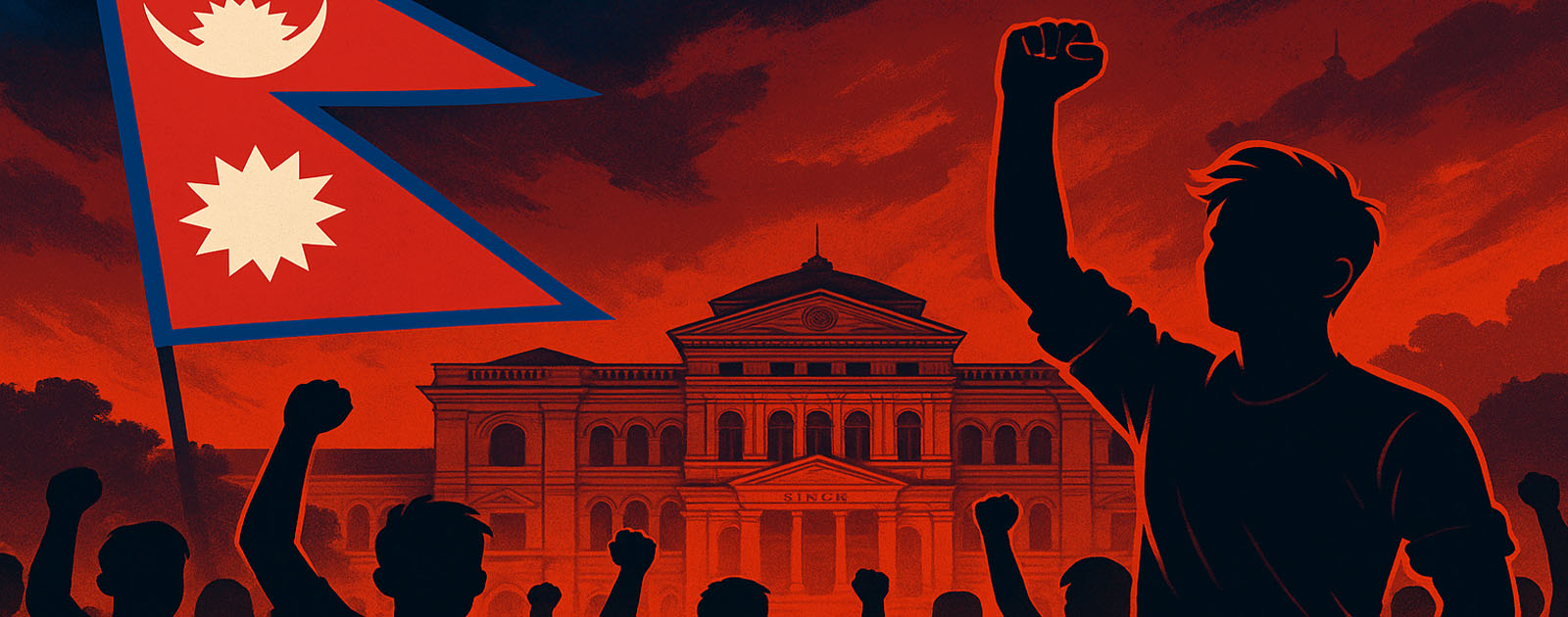In September 2025, Nepal faced one of its most severe political crises in years. Mass protests erupted after the government blocked more than two dozen social networks and online platforms, including Facebook, X (Twitter), and YouTube. The official rationale was a set of new mandatory registration rules for global platforms, which major companies refused to accept.
For millions of Nepalis—especially younger users—the blackout disrupted everyday life: communication, study, remote work, and access to information. Students and activists took to the streets; the protests grew rapidly and ultimately forced the government to resign.
Why VPNs Became Essential
- Bypassing blocks: routing traffic via overseas servers restores access to Facebook, X (Twitter), YouTube, and other services.
- Privacy protection: encrypted traffic and masked IPs reduce the risk of surveillance and pressure on activists.
- Access to information: VPNs reopen independent outlets, international reporting, and analysis that would otherwise be unavailable.
- Coordination & communication: a robust VPN keeps messaging apps and organizing tools usable even under partial blocks or DPI.
Providers reported a dramatic spike in interest: on peak days, VPN registrations in Nepal surged by nearly 8000% after the bans were introduced. For many, a VPN shifted from “nice‑to‑have” to a critical safeguard for free expression, information access, and basic digital security.






